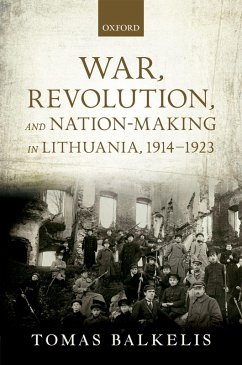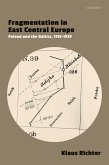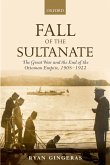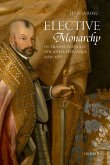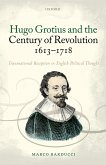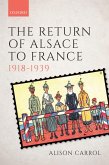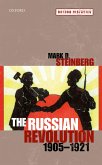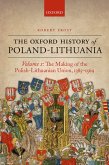In this book, Tomas Balkelis explores how the Lithuanian state was created and shaped by the Great War from its onset in 1914 to the last waves of violence in 1923. As the very notion of independent Lithuania was constructed during the war, violence is seen as an essential part of the formation of Lithuanian state, nation, and identity. War was much more than simply the historical context in which the tectonic shift from empire to nation-state took place. It transformed people, policies, institutions, and modes of thought in ways that would continue to shape the nation for decades after the conflict subsided. In telling the story of the post-WWI conflict in Lithuania, War, Revolution, and Nation-Making in Lithuania, 1914-1923 focuses on the soldiers and civilians involved in the conflict, rather than the strategies and acts of politicians, generals, or diplomats. The volume's two main themes are the impact of military, social, and cultural mobilizations on the local population, and different types of violence that were so characteristic of the region throughout the period. The actors in this story are people displaced by war and mobilized for war: refugees, veterans, volunteers, peasant conscripts, POWs, paramilitary fighters, and others who took to guns, not diplomacy, to assert their power. This is the story of how their lives were changed by war and how they shaped the society that emerged after war.
Dieser Download kann aus rechtlichen Gründen nur mit Rechnungsadresse in A, B, BG, CY, CZ, D, DK, EW, E, FIN, F, GR, HR, H, IRL, I, LT, L, LR, M, NL, PL, P, R, S, SLO, SK ausgeliefert werden.

